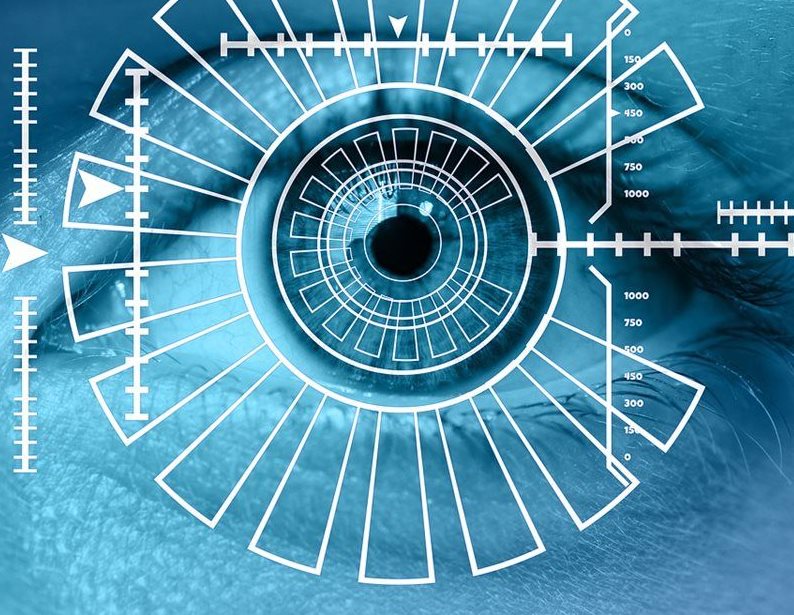The yesterday, today and tomorrow of biometrics
Today, however, we’re doing even more with our fingers. From accessing mobile devices to authorising payments, the use of fingers - in particular, our fingerprints - has grown rapidly.

So rapidly in fact that in May 2019 Fingerprints, a company specialising in biometrics, announced that they had shipped one billion fingerprint sensors worldwide. But how did they get here, and where to next?
Authentication is dead, long live authentication
It’s a funny coincidence ‘PIN’ and ‘pain’ are only one letter apart. For years, PIN authentication has been to the tune of “oh what’s my number,” often followed by “wait – I’m sure this is right,” and occasionally, “forget it!” This was bad for consumers, OEMs and merchants alike.
Then came an alternative. Something you can’t forget and that’s with you wherever you go.
While many think of fingerprint authentication as a recent phenomenon, they are somewhat mistaken. Since the creation of the first fingerprint sensor prototype for mobile in 1998, innovation has continued well into the 21st century. Sensors got smaller, smarter, and authentication was integrated into the device’s secure element to pave the way for mobile payments. In 2014, Fingerprints helped launch one of the world’s first Android smartphones, with a touch fingerprint sensor, before releasing the first home button touch sensor for Android in the same year.
Now commonplace in mobile devices, the technology’s ongoing advancement and adoption has simplified the everyday lives of consumers, all over the world. The math has been done. Unlocking smartphones with fingerprint sensors rather than a PIN saves us an average of 41 minutes a week: that’s nearly three hours a month, 36 hours a year, and a staggering two weeks in a decade!
A tactile today
The success of biometrics in the mobile world has paved the way for exciting, next-generation applications across new verticals – from access control to payments, the applications are endless.

Answering the age-old security dilemma of balancing security with convenience, it’s unsurprising that we’ve seen the payments world take to biometrics. Earlier this year, Fingerprints launched the Biometric Software Platform tailored for payments and received the world’s first volume order of fingerprint sensors for contactless payment cards from Gemalto. With several contactless biometric payment card trials going on around the globe, it's been predicted that this form factor is to be the first of many to reach consumers and transform their financial lives.
Innovation in other verticals hasn’t meant the end for further R&D in mobile biometrics, though. In a bid for greater design freedom and consumer convenience, there’s increasing demand for in-display fingerprint sensors. Allowing consumers to simply ‘touch’ and authenticate directly on the display of the phone, and is expected that this mobile innovation will take off.
Hand–eye coordination
Biometrics technologies beyond fingerprint sensors are also set to grow in adoption. In fact, we’re increasingly likely to see solutions combining multiple biometrics technologies as a means to ‘layer’ security, continue to improve UX, and perhaps finally say goodbye to PINs and passwords!
Take, for example, the ‘touchless’ smartphone solution. Combining advanced iris and face recognition software with simple, inexpensive and easy to integrate camera reference hardware has created the world’s most secure, compelling touchless recognition solution.
The future, you can almost touch it
Fingerprints may have reached the mighty one billion milestone, but this is just the beginning.
With the growing trend of previously non-connected devices entering the IoT, manufacturers are looking for new trusted methods of user authentication. Biometrics will play a central role in providing that trust.
A secure and seamless universe is on the horizon. From suitcases and door locks, to cars and homes – biometrics technology is enabling an exciting future, where you are the key to everything.



























